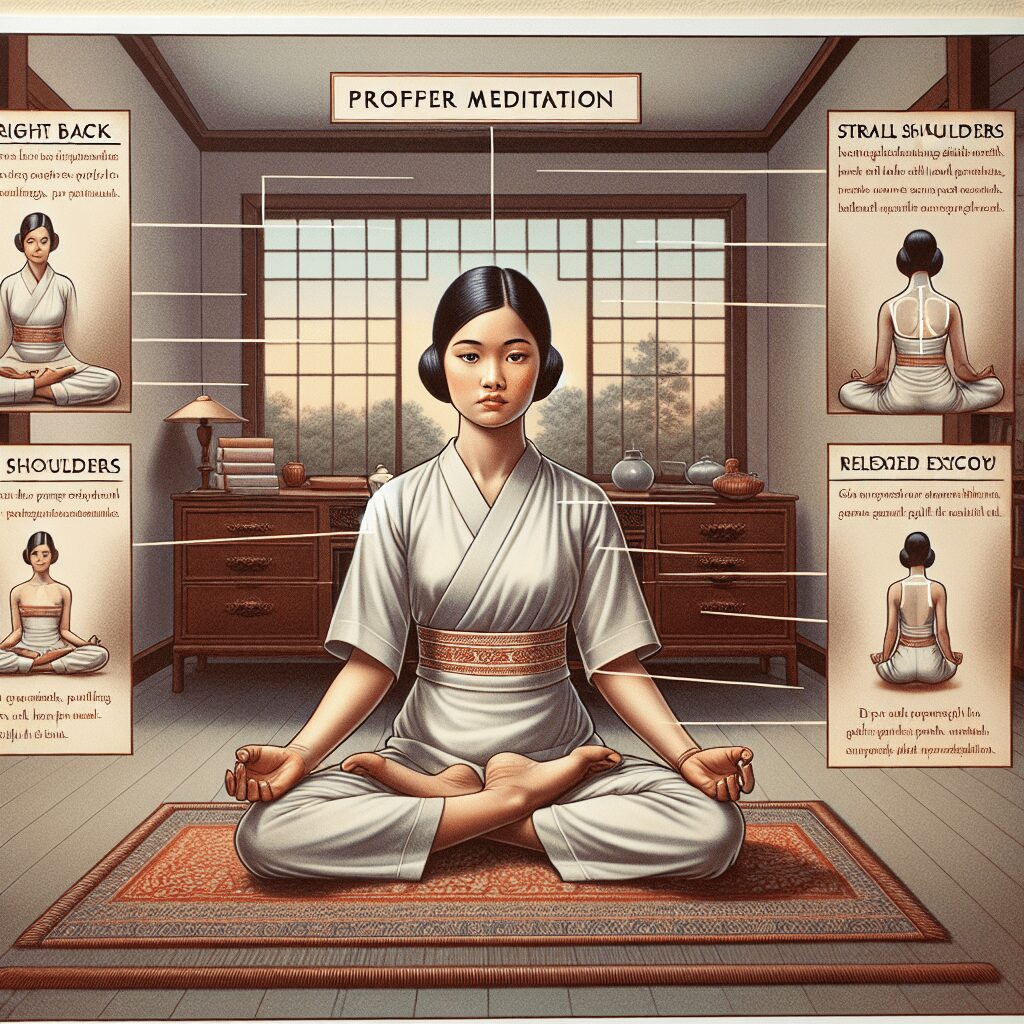
Prioritize your mental well-being daily. Enhance your life by nurturing your mental health with the Smart Meditation app. Break free from stress, alleviate anxiety, and enhance your sleep quality starting today.
Can Anxiety Lead To Psychosis?
Unveiling the Connection: Anxiety and Psychosis
In today’s fast-paced world, where the hustle and bustle seem never-ending, it’s not unusual for individuals to feel the weight of anxiety pressing down on them. However, there lies a question that often finds itself whispered in the corridors of mental health discussions: Can anxiety, a seemingly common issue, path a way towards something as severe as psychosis? Let’s dive into the depths of this topic, dissecting the thin line that separates anxiety and psychosis, and the intricate relationship between the two.
The Intricate Web of Mind Matters
Anxiety, in its own right, is a condition characterized by feelings of worry, unease, or fear that can be mild or severe. We’ve all been there, right? Be it before a job interview or during financial strains; anxiety is, to put it mildly, an uninvited guest in our lives. Psychosis, however, stands at the other end of the spectrum. It’s a mental health problem that causes people to perceive or interpret reality in a way that’s distinctly different from those around them, including symptoms such as hallucinations or delusions.
But Here’s the Catch:
While anxiety and psychosis are indeed separate conditions, they’re not mutually exclusive. In fact, they often crash the same party, so to speak.
-
The Anxiety-Psychosis Overlap: Individuals with anxiety disorders, especially those battling severe or chronic anxiety, sometimes report experiencing symptoms commonly associated with psychosis, such as intense paranoia or even hallucinations. It’s like anxiety cranks up the volume until the mind can’t tell what’s real or not.
-
Stress as the Common Denominator: Stress, a close relative of anxiety, often plays Cupid here, shooting arrows that exacerbate both conditions. Chronic stress can push an anxious mind towards a state where reality seems distorted, laying the breeding ground for psychotic symptoms.
-
Anxiety Disorders and Psychotic Disorders: Specific anxiety disorders, such as Obsessive-Compulsive Disorder (OCD), have been seen to flirt with psychosis. Individuals might experience obsessive thoughts so vivid that they verge on delusional. Similarly, Post-Traumatic Stress Disorder (PTSD) can present with flashbacks that are so lifelike they blur the lines with hallucinations.
However, it’s crucial to note that not every anxious soul will wander into the land of psychosis. The journey from anxiety to psychosis isn’t a straight path but rather a potential risk, predominantly for those with underlying predispositions or in the absence of adequate coping mechanisms.
Deciphering the Signs and Seeking Refuge
Understanding the signs that differentiate anxiety from tipping into psychosis can be akin to finding a needle in a haystack, given the complexity of our minds. Symptoms like severe disorientation, hearing voices (not due to an external source), and profound detachment from reality may signal that professional guidance is needed pronto.
Battling the Beasts:
-
Early Intervention: As soon as the lines start to blur, seeking professional help can act as a shield, preventing the escalation from anxiety to psychosis.
-
Therapeutic Arsenal: Various therapies, including Cognitive Behavioral Therapy (CBT), have shown promise in managing both anxiety and psychotic symptoms, teaching individuals to remodel their thought processes.
-
Medicinal Maneuvers: In some cases, medications can play a crucial role, especially when the symptoms severely impair daily functioning.
-
Support Systems: Never underestimate the power of a solid support system. Being surrounded by understanding friends, family, or joining support groups can offer a cushion of comfort and understanding.
In essence, while the leap from anxiety to psychosis isn’t a guaranteed fate for every anxious mind, it’s a possibility that warrants attention. Recognizing the interconnectedness of mental health conditions underlines the importance of proactive and comprehensive care. So, let’s keep the dialogue open and the support systems strong, ensuring that no one has to navigate the murky waters of anxiety or psychosis alone. Remember, it’s okay to ask for help, and honestly, it might just be the bravest thing you do.





